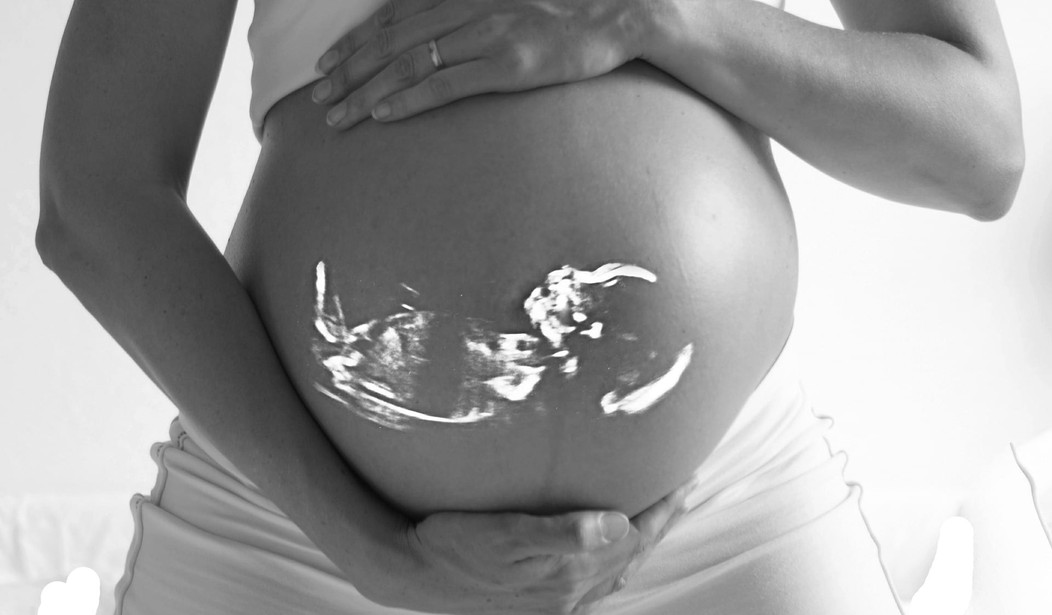After a five-year struggle, University of Chicago student Steven Jacobs finally published his study into biologists’ opinions on whether life begins at conception. That study won him a Ph.D., but it also angered the liberal biologists and many others in academia. Some have demonized him, saying his survey seemed developed by the Ku Klux Klan and that it would expedite the extinction of the human race.
Jacobs’ study found that a vast majority of Americans believe biologists should determine the question “When does a human’s life begin?” and that the question is important to the abortion debate. Then Jacobs surveyed biologists and found that 95 percent of them agreed that “a human’s life begins at fertilization.”
Jacobs insists that his paper is not intended to argue the pro-life position in the abortion debate. “This paper does not argue that the finding ‘a fetus is biologically classified as a human at fertilization’ necessitates the position ‘a fetus ought to be considered a person worthy of legal consideration,'” he wrote. Instead, he cites philosopher Peter Singer’s “is-ought” distinction, claiming that Americans can believe life begins at conception and support the killing of unborn babies up until viability or birth.
Despite his attempt to be as neutral as possible, Jacobs drew a great deal of ire for his study. The biologists who supported life as beginning at conception claimed that he misinterpreted their answers.
The study asked 2,899 Americans about the abortion debate, 58 percent of them female. These Americans identified as pro-choice (63 percent), liberal (63 percent), and Democratic (67 percent). Jacobs asked them a few questions:
- How important is the question “When does a human’s life begin?” in the US abortion debate?
- Americans deserve to know when a human’s life begins so they can be informed in their abortion positions and reproductive decisions (agree or disagree)
- Which group is most qualified to answer the question “When does a human’s life begin?”
Eighty-seven percent said the beginning of life question is important to the abortion issue, while 84 percent agreed that Americans deserve to know when human life begins to be informed about abortion. As for who should decide when life begins, 81 percent chose biologists over religious leaders (7 percent), voters (7 percent), philosophers (4 percent), and Supreme Court justices (2 percent).
So Jacobs compiled a sample of 5,502 biologists from 1,058 academic institutions (he reached out to 62,469 biologists and 7,383 participated in the survey, but only 5,502 answered the pertinent questions). The biologists predominantly identified as non-religious (63 percent), liberal (89 percent and 11 percent conservative), Democratic (92 percent), and pro-choice (85 percent, only 15 were pro-life). The sample included biologists who were born in 86 countries around the world.
A broad consensus of those biologists affirmed each of three statements representing the view that “a human’s life begins at fertilization” (75 percent-91 percent). Overall, 95 percent affirmed the view that human life begins at conception.
Jacobs inquired about two implicit statements and one explicit statement about the issue. A full 91 percent agreed with the statement, “The end product of mammalian fertilization is a fertilized egg (‘zygote’), a new mammalian organism in the first stage of its species’ life cycle with its species’ genome.” Another 88 percent affirmed the statement, “The development of a mammal begins with fertilization, a process by which the spermatozoon from the male and the oocyte from the female unite to give rise to a new organism, the zygote.”
Finally, Jacobs presented the explicit statement, “In developmental biology, fertilization marks the beginning of a human’s life since that process produces an organism with a human genome that has begun to develop in the first stage of the human life cycle.” Three-quarters (75 percent) of biologists agreed with that statement.
In order to understand the hesitance to agree with the third statement over the first two statements, Jacobs broke down the biologists into 60 categories (pro-life, pro-choice, conservative, liberal, Republican, Democrat, etc.) along 11 dimensions.
Very pro-choice biologists (69 percent) proved less likely to agree with the explicit statement than neutral biologists (86 percent) and very pro-life biologists (92 percent). “The lower affirmation rate of pro-choice biologists, compared to the other groups, could be due to the higher rate at which the explicit statement activated pro-choice biologists’ normative interpretations,” Jacobs explains in the paper.
Analyzing the three statements, Jacobs found that 95 percent of biologists agreed with at least one of them.
Jacobs argues that all three statements helped to “develop a robust understanding of participants’ assessment of the biological view that ‘a human’s life begins at fertilization.'” He also claims that “all three could be argued to be logically and biologically equivalent.”
The “combined measure” of the three questions found that 5,212 of 5,502 biologists agreed (95 percent), and only 290 (5 percent) rejected the view that “a human’s life begins at fertilization.”
Even though Jacobs claims this study is not an attempt to support the pro-life position in the abortion debate, academics attacked him for it.
“I was told that my survey seemed like it was developed by the Ku Klux Klan; I was told that my work could expedite the extinction of the human race; I was told that I should be ashamed of myself since I was damaging the reputation of the University of Chicago,” Jacobs told The College Fix.
He provided a sample of the angry responses from biologists included in the study.
“A VERY poorly designed questionnaire. I doubt that ANY serious conclusions can be drawn from it,” one response reads. “Abortion has been legal for over 40 years. It’s time for all the religious nuts to get over it,” said another. “Abortion is a woman’s right; the state has no role in the decision to abort whatever the reason (medical, cultural, economic),” a third reads.
“Abortion is not about biology. Please don’t use this survey to say ‘Look, even biologists are pro-life’ because that is absolutely not what my answers mean,” another respondent said.
“This is some stupid right to life thing…YUCK I believe in RIGHT TO CHOICE!!!!!!!” one professor wrote.
These responses suggest the study struck a nerve among pro-choice academics.
Jacobs deserves credit for attempting to keep his study from becoming political, but most pro-life Americans oppose abortion due to their belief that human life deserves protection and human life begins at conception. It is no accident that this powerful study — which at minimum shows that 75 percent of biologists believe the accurate statement about life beginning at conception — angers pro-choice academics.
Many may believe that the fact of human life beginning at conception does not undermine the argument for legal abortion, but their responses to this study suggest a fear that this truth might support the pro-life position.
While more Americans identify as “pro-choice” than “pro-life,” those labels hide the fact that most Americans agree with restricting abortion to the first three months of pregnancy or the cases of rape, incest, or a threat to the life of the mother. Nearly two-thirds of Americans (62 percent) agree that life begins either at conception or in the first three months of pregnancy. This suggests that the position on life’s beginning likely correlates with a person’s support for abortion at a specific point in pregnancy.
Even before this study of biologists had been published, a whopping 65 percent of Americans said they would support a legal abortion regime that effectively overturns the Roe v. Wade (1973) decision. When Americans hear that a vast majority of biologists believe that life begins at conception, that may move the needle on the issue.
Jacobs’ attempt to make his study politically neutral is admirable, but it seems doomed to failure. Jacobs performed the study in pursuit of the truth, not an agenda. It just so happens the truth may favor the pro-life case, even if the biologists involved were pro-choice.
Follow Tyler O’Neil, the author of this article, on Twitter at @Tyler2ONeil.









Join the conversation as a VIP Member